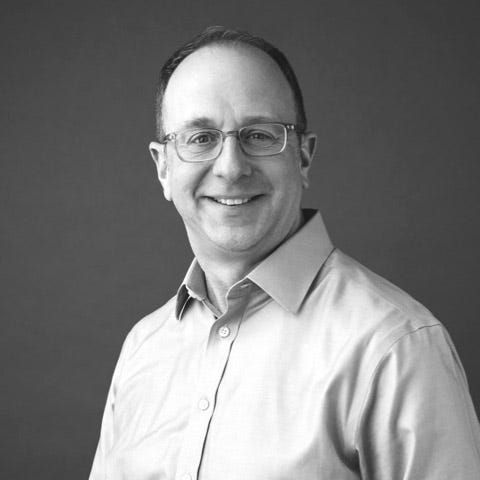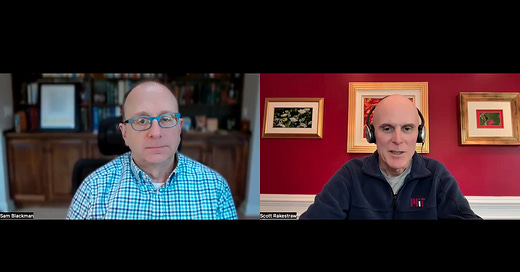We had the good fortune to meet Sam Blackman, MD, PhD (Co-Founder and Head of R&D, Day One Biopharmaceuticals; see here and here) only in the past year, but we have known about him and the tovorafenib (Ojemda®) story for quite some time. The arc of Sam’s career and its intersection with the development and approval of tovorafenib for BRAF-altered pediatric Low Grade Glioma (pLGG) is one of those incredible narratives that we encounter from time-to-time in the Biopharma industry. His is a journey of perseverance, tenacity, resilience, some good luck and a lot of hard work by himself and others over many years.
We must celebrate these stories because there is simply nothing more difficult than developing and registering a new medicine for human health. Add in a brain cancer indication, and matters become even more challenging.
Sam recently posted a video on social media (see here and here), which is a personal and emotional essay of what it means to a career Biopharma researcher to finally hold a drug Approval Letter in one’s hands after a lifetime of effort. The video should be required viewing for every graduate level student on the planet (e.g. science, medicine, business, law and especially public policy). It should also be shown on endless loop in Washington and other political centers, all too frequently characterized by performative political theater designed more to bash the Biopharma industry in pursuit of votes than to actually do the hard work of formulating policies that improve healthcare delivery and affordability.

For Episode 4 of Brain Cancer Science Talk, we chat with Sam about the long and tortuous journey of tovorafenib from its discovery through strategic deprioritization by its original Sponsors, and finally, to its successful development and recent approval for pLGG by Day One Biopharmaceuticals. We discuss key lessons learned during the tovorafenib development, and how such lessons can be applied to additional oncology and rare disease medicines under development. This is actually how the sausage gets made.
In addition, we spend some time talking about the importance of #Data and #Science, and the overwhelming need to always let facts get in the way of a good story. Sam expands even further by relating his experience as a pediatric oncologist, during which he was careful to consistently emphasize the scientific and clinical evidence associated with a case, and to work relentlessly to identify evidence-based treatment options for the children under his care. We call this concept: “N-of-1 on Behalf of All”, and Sam Blackman is a living embodiment of the approach.
To conclude, we briefly discuss the critical importance of harnessing the human immune system to specifically attack cancer cells in high grade gliomas (HGGs) and brain metastases. Both of us believe that targeted, and perhaps cell-based, immunotherapies will be central to real progress in battling brain cancers.
A long and bumpy road must be traveled to bring new therapeutic options for HGGs and other difficult-to-treat cancers to approval, but we at MissionGBM are delighted to join dedicated scientists like Sam Blackman in that Journey.











